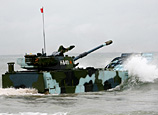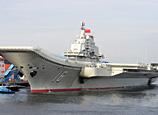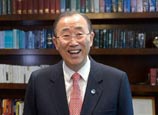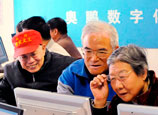
He Weiwen, a professor with the University of International Business and Economics, recognized the measures could be positive but the desired effect is far from guaranteed.
"The major obstacle for domestic consumption remains the high cost of distribution. Thus lowering that cost should be a main priority if the government is aiming to boost domestic consumption," he said.
Jin also said that apart from lowering tariffs, measures should be adopted to achieve long-term prosperity, including pushing forward income distribution reform, encouraging technical innovation and protecting intellectual property.
Zhang Jianping, a researcher with the Institute of International Economic Research at National Development and Reform Commission, China's top economic planner, said traditional sectors such as agriculture and textiles are key to social stability, so it's also necessary to lower import tariffs to boost development in these sectors.
The Finance Ministry also said it will extend the temporary lower tariff rates for some export products, including coal, crude oil, fertilizer and ferroalloy. The levies on fertilizer will move from price- to volume-based.
Fu Peng, a macroeconomic analyst with Galaxy Futures, said lower export tariffs were mainly aimed at stimulating exports of products with an overcapacity in the domestic market.
The domestic demand of these products is expected to remain flat in the following years.
Meanwhile, the switch in the tax base for fertilizer products is mainly meant to avoid changes in tariff revenue on these products because of price fluctuations, said Zhang Jianping of the Institute of International Economic Research.
After the adjustment, the items of import-export tariffs will increase to 8,238 from 8,194 in 2012.

















![]()
